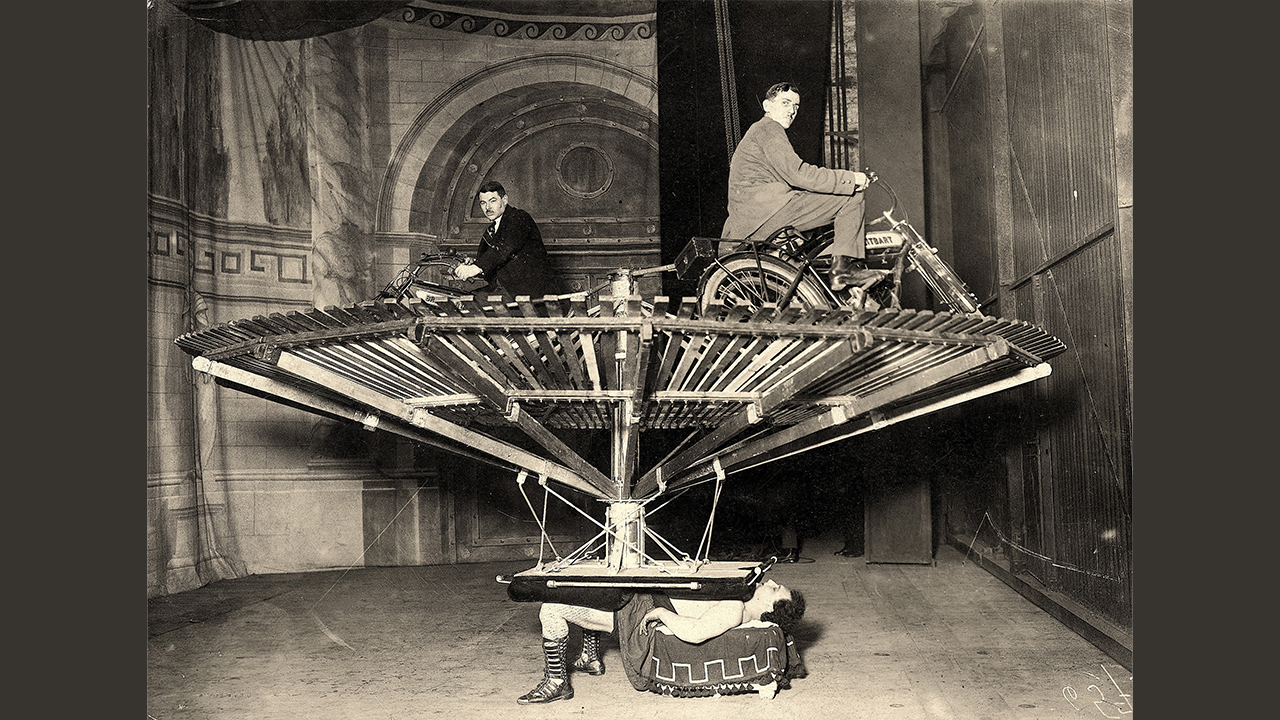The Fans Awaken
By Kae Petrin
January 29, 2016
 In recent years, creators and fans have started to mingle. Fandom was once limited to remote interactions and filtered through journalists, publicists, editors, letters, articles, book signings, film openings. Now, between ComiCon panels and Twitter, fans interact with creators immediately and loudly. More than that, past generations of fans are now themselves acting as creators; in the remake-heavy Hollywood landscape, some of the top-billed creators are responsible for, essentially, multimillion dollar fanfiction.
In recent years, creators and fans have started to mingle. Fandom was once limited to remote interactions and filtered through journalists, publicists, editors, letters, articles, book signings, film openings. Now, between ComiCon panels and Twitter, fans interact with creators immediately and loudly. More than that, past generations of fans are now themselves acting as creators; in the remake-heavy Hollywood landscape, some of the top-billed creators are responsible for, essentially, multimillion dollar fanfiction.
The result? Perhaps more than ever, creators have access to knowledge about “what fans want.” This creates a sort of odd conundrum: Hollywood commercialism and its profit-driven model clash with old sentiments and mistaken stereotypes about who watches what.
Take, for instance, a semi-infamous email leaked when Sony was hacked in 2014, in which a Marvel CEO listed a series of financial failures for female-lead superhero films. Many publications interpreted this email as an explanation of why Marvel has greenlit so few superhero films starring women. The argument that “they just do not sell” has seemed to underlie many of Marvel’s PR explanations. This argument does not hold. Financial and critical successes such as The Hunger Games, Frozen, and, most recently, Star Wars: The Force Awakens all star female leads.
It is this last film, though, that provides the most immediate access to the changing relationship between fan and creator. The film has received both praise and criticism for its crowd-pleasing qualities. Star Wars inventor George Lucas told The New York Times—sounding not exactly pleased with the new film—that “[Disney] looked at the stories and said, ‘We want to make something for the fans.’”
Director J.J. Abrams also initially turned down the project—because he was such a fan. He told ABC, “It was something I loved so much and thought it would be better to just go to the theater and see it like everyone else.”
If The Force Awakens was made for fans just as much as it was made by fans, what does that make it?
Devin Faraci—a film critic who often engages fanfiction and fandom—suggests an answer in his article, “Will Star Wars Just be Fanfic From Now On?” Faraci writes, “If Star Wars is George Lucas, it can’t be Star Wars when there’s no George Lucas. Right? Does Star Wars then become automatically fanfic, an idealized version of itself as seen by people outside of that singular vision?” While Faraci places perhaps too much faith in George Lucas’s role as sole creator, the point remains: the property has moved from its creator’s hands into a fan’s, and is now, in the most technical sense of the word, fanfiction.
Not that it is often called such. Despite frequent complaints about these very same narrative attributes, few critics put a name to the flaws. That may be, in part, because fanfiction is considered “women’s writing.” Works like Fifty Shades of Grey and Twilight are published, reinterpreted, and turned into massive franchises despite mass ridicule. Often, that ridicule amounts to “it’s fanfiction!” Meanwhile, the entire Marvel cinematic universe, Transformers, Star Trek, and other rebirths of popular “nerd culture” mostly directed by men are treated much more kindly. The Force Awakens falls into this latter category—mostly.
Often, the likening of The Force Awakens to fanfiction focuses on the narrative habits of fanfiction writers. Faraci, as well, extends this logic. “At its best fanfic uses existing characters and settings as shorthand … This is what The Force Awakens does as well, using the perpetual motion machine of nostalgia to power a story that’s all shortcuts. Even the new stuff is built out of the material of the old stuff, denying audiences the shock of discovery but giving them the comfort of familiarity. It’s a fan giving the fans what they want.” And certainly, these are real problems with the movie, which people do not hesitate to point out.
This is where the conversation usually settles. The Force Awakens is fanfiction, the story lacks emotional gravity, it is fun but empty, the entire movie is beat for beat structured identically to A New Hope, and so on. Yes, all those things are arguable and do operate in relationship to Star Wars’ cultural legacy, the need to engage old fans and bring in new ones. But also, a few meaner comments slip in, as well: people have claimed that Rey is a “Mary Sue,” that Finn’s casting has an “anti-white” racial agenda, and that the entire film is “social justice propaganda”. These accusations have been accompanied by outrage on social media; it seems that fans who perceive the film’s diversity as a problem are not just frustrated with a narrative flaw, but furious—as if something has been taken away from them.
This raises a bigger question: what does fanfiction do that makes some people so angry?
Fanfiction scholar Anne Jamison writes, “It breaks down walls between genders and genres and races and canons and bodies and species and past and future and conscious and unconscious and fiction and reality. Culturally speaking, this work used to be the job of the avant garde, but in many ways fanfiction has stepped in to take on that role.”
Faraci himself simplifies this concept, writing, “fanfic is how women, trans and non-het people claim white straight guy properties for themselves.”
This breaking down of walls and claiming of properties threatens the status quo of popular media. Perhaps this dynamic threatens the status quo of popular media consumers, as well.
This changing visual landscape was not entirely absent from the creation of The Force Awakens. Abrams said, “We wanted the movie to look the way the world looks, and I think it is important that people see themselves represented in film,” Abrams told a ComiCon audience. Part of that was casting a woman, a black man, and a Hispanic man as the next generation’s Leia, Luke, and Han.
One scholar, Elana Shefrin, suggests that in the Star Wars franchise, “the democratizing influence of computermediated communication”—that is, the fan-creator interaction—illustrates how ” the alliance of cultural producers with online fans can be seen as mapping new articulations of participatory democracy within the fields of artistic production, power, and class relations.” Or: since fans are talking to creators and creators are, in addition, fans, maybe media will see some changes. To some degree, we’ve already seen this in The Force Awakens. People of color play far more leading and background rolls. In the original trilogy, women other than Leia spoke for only 63 seconds in the entire film, which has far improved in the sequel.
At the same time, though, Abrams is still a part of the intended property owner. He, and next Rian Johnson, and after, Colin Trevorrow will produce Star Wars Episodes 7-9. They are writing the canon. They claim legitimacy over the dozens of authors in the pre-existing expanded universe. They are, in all the senses that matter, not fanfiction. As creators, they are also—class-wise, gender-wise, race-wise—not incredibly diverse, though their cast and their creative teams may well be. So despite that utopic potential, there is, as always, more work to be done.








